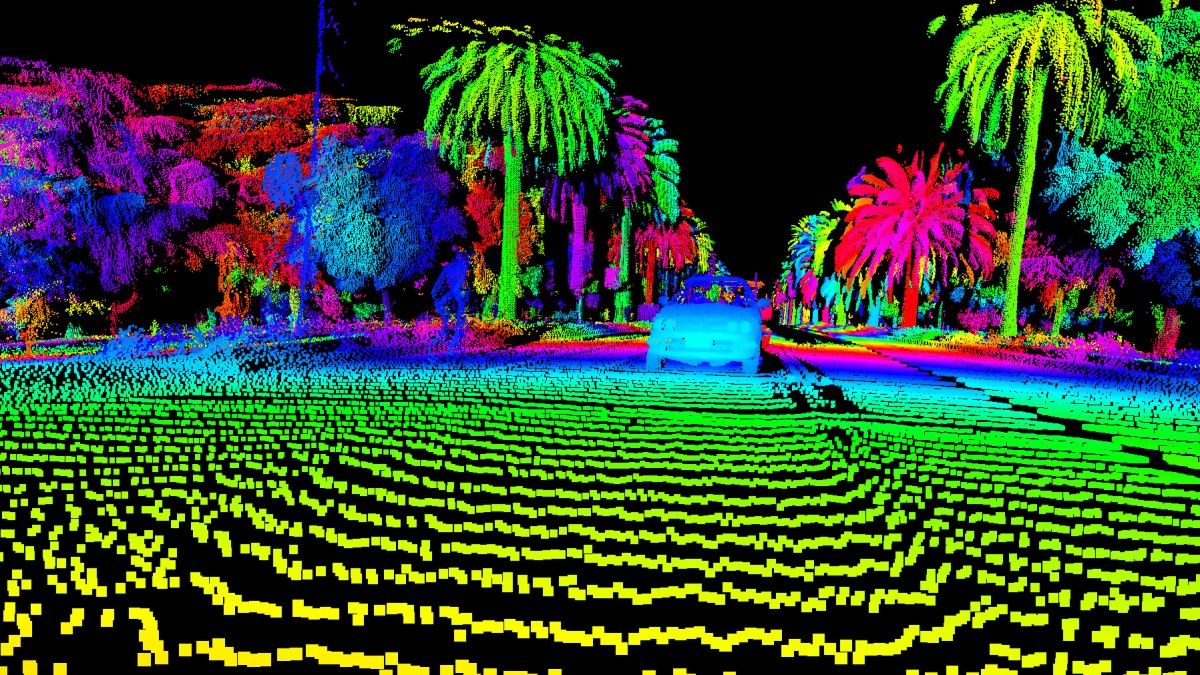Most companies working on autonomous vehicles consider lidar sensors mandatory for vehicles to safely navigate alone and distinguish objects such as pedestrians and cyclists. But the best existing sensors are bulky, extremely expensive, and in short supply as demand surges (see “Self-Driving Cars’ Spinning Laser Problem”). Alphabet and Uber have both said they were forced to invent their own, better-performing sensors from scratch to make self-driving vehicles viable. Luminar hopes to serve automakers that would rather not go to that effort.
Russell doesn’t have a college degree—he dropped out of Stanford in return for a $100,000 check under a program started by venture capitalist Peter Thiel to encourage entrepreneurship. But Russell says a (short) lifetime of tinkering and building with electronics helped him design a new lidar sensor that sees farther and in more detail than those on the market.










Comments are closed.